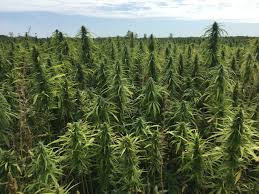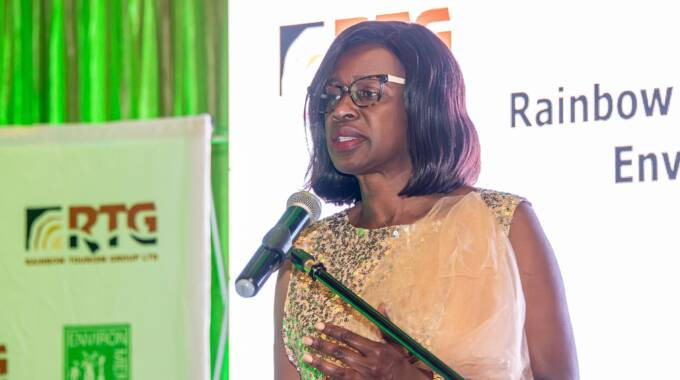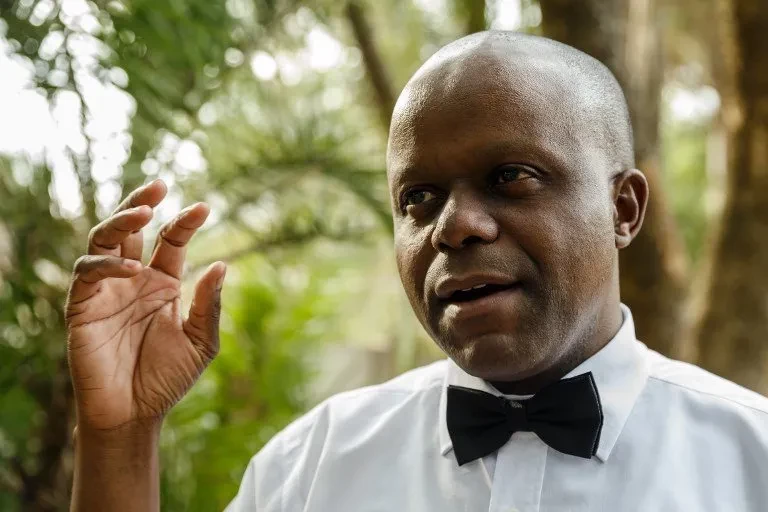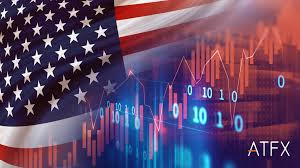
UNITED Kingdom-based Hemp Carbon Standard member Jon Bannister says the commercialisation of industrial hemp has the potential to open new foreign currency streams for the country through carbon credits.
Hemp is a versatile plant belonging to the cannabis sativa species, primarily cultivated for industrial and non-drug purposes.
One way to commercialise industrial hemp, in particular, is using it to create carbon credits, with Hemp Carbon Standard being one such platform dedicated to promoting this.
Speaking at a breakfast meeting titled ‘Hemp in the Climate Economy’ last Thursday, in Harare, Bannister said industrial hemp qualified under the carbon credit scheme, however, there were certain measures and standards that needed to be satisfied.
“So, for hemp to qualify under carbon credit schemes, it must meet the specific standards and certifications.
“We have broken the standards down into several different segments, and measurement and verification are one of the most important ones,” Bannister said.
“The Hemp Carbon Standard will create new income streams for Zimbabwean farmers, generating carbon credits by growing industrial hemp that can be sold on international carbon markets.”
He said farmers needed to adhere to sustainable farming practices that included soil conservation and the avoidance of harmful chemicals.
“Accurate measurement and carbon sequestration are conducted by HDS (hydrodesulfurisation) technology to ensure the credibility of the carbon credits.
“This would include monitoring the carbon stored in both the plant and the soil,” Bannister said.
“The sustainability certifications are very important as well. Hemp farmers must adhere to sustainable farming practices.
“That includes responsible water usage. No-till, soil conservation, and also the avoidance of harmful chemicals.”
He also emphasised the need to keep track of documentation for monitoring and verification.
“So, documentation and traceability are essential parts of HDS to ensure that the carbon credits generated from hemp are legitimate for the buyer, and also the carbon sequestration claims are variable as well,” Bannister added.
“So, they cover both the farmers and also the potential of the buyers that are buying the credits so that, as your standard, I see that you bring in a very strong element of the monitoring, the verification, as well as the third party.”
Climate Officer Tafadzwa Nyamande who was representing Zimbabwe Industrial Hemp Trust said industrial hemp’s ability to sequester carbon dioxide during its growth cycle is what made it an attractive option for carbon credits.
“How can we leverage micro-carbon financing to finance our farmers? In terms of the effect of climate change?
For example, the utilisation of hemp in climate finance. As we all know, hemp has emerged as a versatile and sustainable crop, with significant potential in carbon financing schemes,” Nyamande said.
“Hemp’s ability to sequester carbon dioxide during its growth cycle makes it an attractive option for carbon credit systems,” he said.
“The plant absorbs substantial amounts of CO2, storing carbon in the biomass and the soil.
“The characteristics position Hemp as an effective tool for generating carbon credits, which we can trade in both the VC (venture capital) and the incremental market.”
Africa Voluntary Carbon Credits Market Forum executive director Anglistone Sibanda said that the country lacked the capacity and expertise to demystify misconceptions around industrial hemp.
“But, suffice to say that there is a transition now from voluntary markets to compliance markets because there have been a lot of challenges around the credibility, the integrity of the golden market,” Sibanda said.
“So, the opportunities are just enormous, however, what we are still struggling with is the capacity of the experts to be able to quantify and verify the claims.”
He said officials asked questions such as how a community could be protected from getting high from hemp.
“Then we have to explain that, and not only to the minister,” Sibanda added.
He said that there was still a need to engage the necessary stakeholders to demystify the misconceptions that surrounded industrial hemp.










